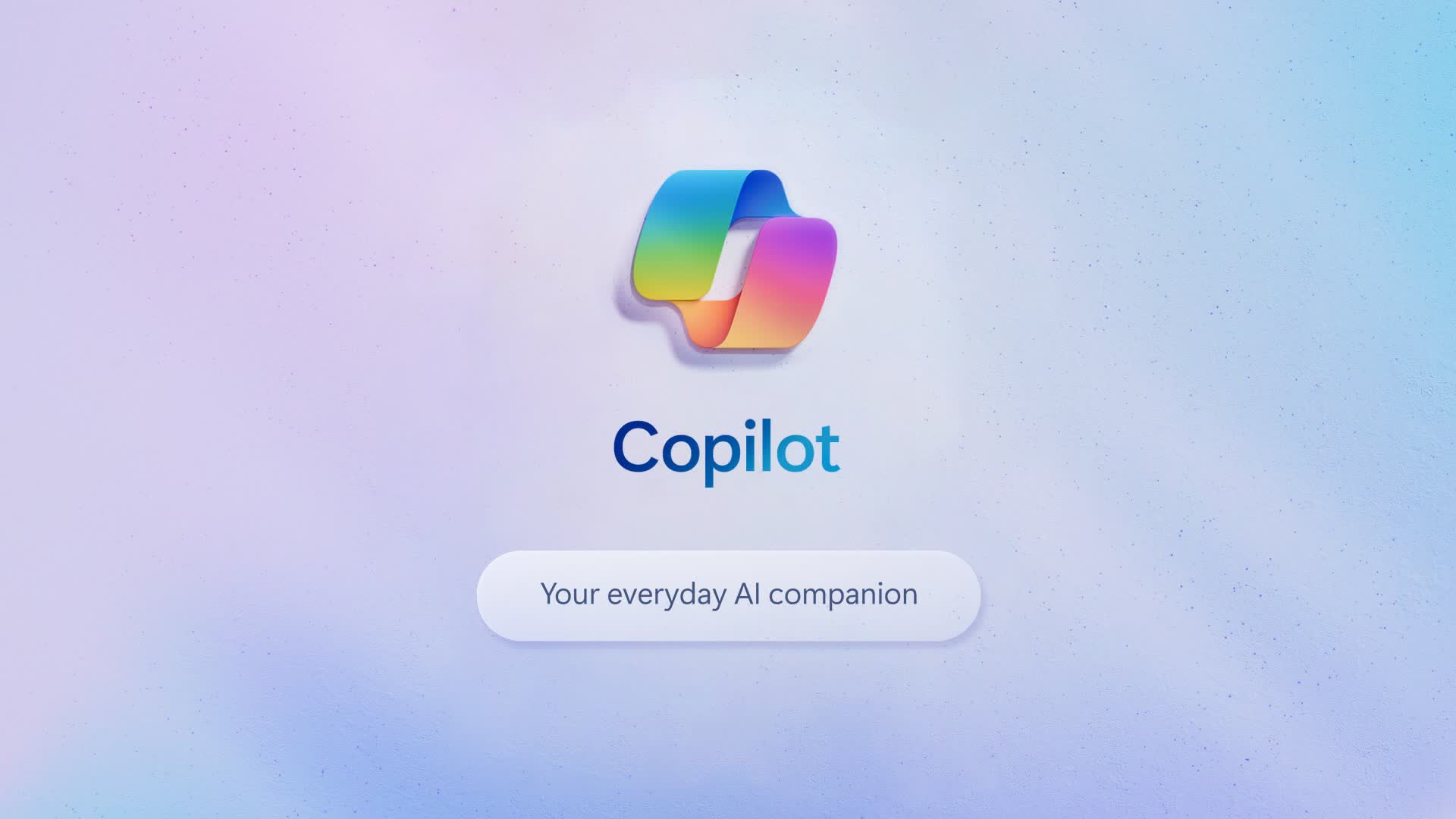Windows Recall: Microsoft says it's secure; security researchers say it's not, but does it matter? Windows Recall is a feature that takes screenshots of every moment you are on your computer to make that information available for Copilot searches. Is it a really useful feature, or is it just more AI rubbish being crammed down consumers' throats? Let us know in the comments.

Windows Recall stirred up controversy the moment Microsoft announced it, and with good reason. The feature is rolling out with the upcoming Copilot+ PCs and will constantly take screenshots of whatever you are doing. It stores these "snapshots," along with corresponding OCR (optical character recognition) files, to allow users to query Copilot to semantically search for things they were viewing or working on in the past.
Security-minded people and researchers immediately brought up privacy issues. However, Microsoft seemed to put that concern to bed, saying that all processing and data storage is local.
Satya Nadella says Windows PCs will have a photographic memory feature called Recall that will remember and understand everything you do on your computer by taking constant screenshots pic.twitter.com/Gubi4DGHcs
– Tsarathustra (@tsarnick) May 20, 2024
That's fine and good, but security researcher Kevin Beaumont says it's not enough. The feature is full of security holes. He believes Microsoft "should recall Recall and rework it to be the feature it deserves to be." Beaumont applauds Redmond for designing Recall to run on the edge, thus eliminating the possibility of cloud-based data leaks. However, its shortcomings make it a security "disaster."
For starters, Windows Recall stores its data in a wide-open SQLite plaintext database. While it is true that this is encrypted while logged out of Windows, this only protects it from someone physically stealing your computer, which Beaumont points out is not how hackers generally conduct their business. On the contrary, Recall is highly vulnerable to "InfoStealer trojans." Additionally, Recall does not censor or otherwise hide sreenshots containing sensitive information or credentials that may appear on screen.
"Encryption at rest only helps if somebody comes to your house and physically steals your laptop – that isn't what criminal hackers do," said Beaumont. "For example, InfoStealer trojans, which automatically steal usernames and passwords, [have been] a major problem for well over a decade – now these can just be easily modified to support Recall."
Microsoft told media outlets a hacker cannot exfiltrate Copilot+ Recall activity remotely.
– Kevin Beaumont (@GossiTheDog) May 30, 2024
Reality: how do you think hackers will exfiltrate this plain text database of everything the user has ever viewed on their PC? Very easily, I have it automated.
HT detective pic.twitter.com/Njv2C9myxQ
Furthermore, the unencrypted database files are simply stored in "AppData" in a new "CoreAIPlatform" folder. While this folder and the files it contains does require admin rights to access, Microsoft admits that most Windows users run as admins, so it's not really adequate security. Beaumont claims he accessed the files with only two lines of code that bypassed those protections.
"I'm not being hyperbolic when I say this is the dumbest cybersecurity move in a decade," he said on Mastodon.
"At a surface level, it is great if you are a manager at a company with too much to do and too little time as you can instantly search what you were doing about a subject a month ago. In practice, that audience's needs are a very small (tiny, in fact) portion of Windows userbase – and frankly talking about screenshotting the things people in the real world, not executive world, is basically like punching customers in the face [sic]."
Although most people won't have trouble finding the data on their own, Beaumont is responsibly withholding details on how he accessed Recall's data until Microsoft addresses the security gaps "you can drive a plane through."
Windows Recall is "optional" despite Microsoft enabling the feature by default. However, you can turn it off by navigating to the "Privacy & security" tab in Settings and toggling off "Save snapshots." Currently, the functionality is only helpful for a very small demographic, so the risks are not worth the rewards.
Researcher says Microsoft's Windows Recall has security gaps "you can fly a plane through"
